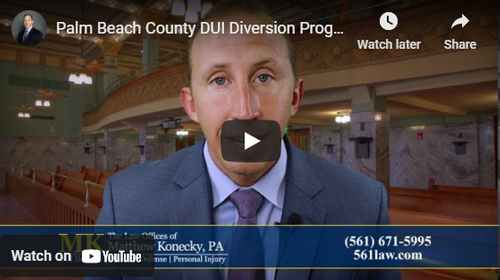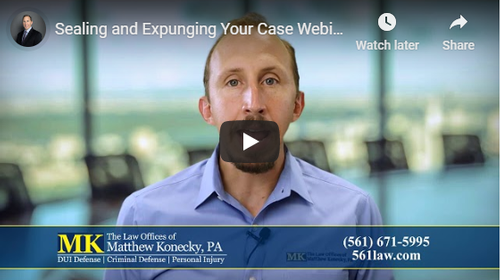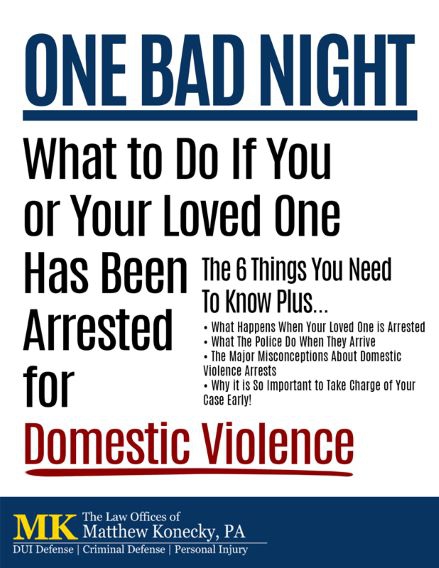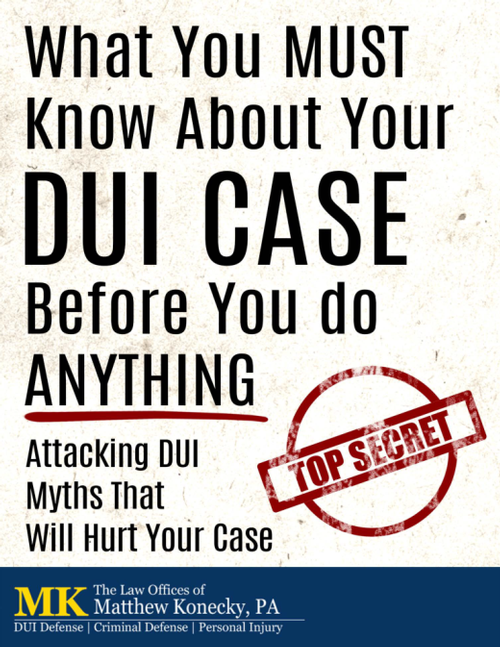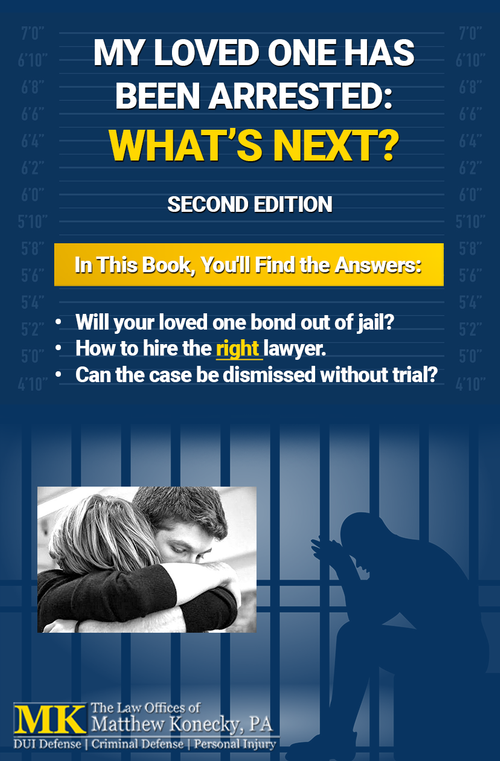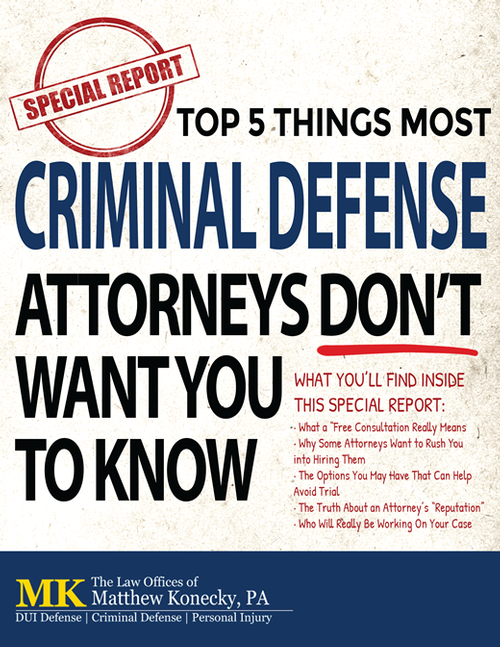Racketeering allegations can present daunting challenges for individuals facing RICO charges in Palm Beach Gardens. At The Law Offices of Matthew Konecky, our experienced team specializes in these cases and can provide crucial guidance and advocacy.
By leveraging their expertise in navigating the intricacies of RICO cases, our Palm Beach Gardens defense attorney offers a strategic defense aimed at protecting our clients' rights and interests.
Table of Contents: |
What is Racketeering?
Racketeering laws, both federal and state, were enacted to combat organized crime. The Racketeer Influenced and Corrupt Organizations Act (RICO) is a federal law in the United States that punishes illegal conduct performed by criminal groups. The law, passed in 1970, was originally meant primarily for the Mafia and other organized crime groups. It is now extensively used in the following situations:
- Allowing charges to be brought against individuals or organizations who retaliate against anyone who works with law enforcement
- Limiting judicial system abuses in which individuals or corporations use the courts to punish whistleblowers, effectively restricting their voice
- Prosecuting police officers who provide criminal offenders, such as drug smugglers, with protection in exchange for money
- Pursuing individuals who use a support network to commit unlawful financial acts such as insider trading and potentially indicting businesses whose employees are convicted of RICO crimes while working for them
.png)
Consequences for Racketeering Charges in Palm Beach Gardens
Punishment for racketeering offenses varies depending on the extent and nature. An offender can face up to life in prison and hundreds of thousands of dollars in penalties for a single RICO. Life sentences are often reserved for circumstances when the offense deserves a life sentence, such as murder.
According to our Palm Beach Gardens defense attorney for RICO charges, nonviolent acts such as gambling and prostitution can nevertheless result in a 30-year jail sentence under RICO. Civil forfeiture legislation allows for the seizure of property from people suspected of racketeering under federal and Florida RICO laws.
Common Racketeering Activities
The most common racketeering activities in Palm Beach Gardens include but is not limited to:
- Arson
- Bribery
- Counterfeiting
- Distribution of a controlled substance
- Embezzlement
- Extortion
- Gambling
- Homicide
- Kidnapping
- Mail fraud
- Money laundering
- Robbery
- Wire fraud
- Witness tampering
![Palm Beach Gardens defense attorney for RICO charges]() What Must Be Proven?
What Must Be Proven?
Prosecutors must prove the existence of a criminal business in order to convict someone of a RICO crime in Palm Beach Gardens. Prosecutors must then demonstrate that the accused persons participated in the illegal operation.
Long durations of police monitoring and investigation are most common in RICO cases. Wiretap evidence, bank data, corporate records, and confidential informants are also routinely used in RICO trials. To build the strongest possible defense against RICO charges, each of these investigative techniques and categories of evidence must be closely examined by our experienced Palm Beach Gardens defense attorney for RICO charges, Matthew Konecky.
Under the Florida RICO Act, you or a loved one can be charged with a criminal offense, punishable by up to 30 years in state prison, if the prosecutor can prove the following beyond a reasonable doubt:
- You were associated with an enterprise
- You directly or indirectly participated in the enterprise by participating in at least two racketeering activity events
- For incidents in which you were involved, at least two had similar or the same types of accomplices, victims, intents, results, methods of commission, or were interconnected by distinguishing characteristics that weren't isolated incidents
Contact a Palm Beach Gardens Defense Attorney for Rico Charges
Suppose you are being investigated or charged with racketeering. In that case, you need a Palm Beach Gardens defense attorney for Rico Charges to represent you and safeguard your rights as soon as possible. The Law Offices of Matthew Konecky has considerable experience in state criminal matters, as well as years of experience as a state prosecutor.
If you have been charged with a RICO crime or believe you are actively under investigation for racketeering, contact us online by clicking the button above or call us at (561) 671-5995 to speak to an attorney immediately.

 What Must Be Proven?
What Must Be Proven?

